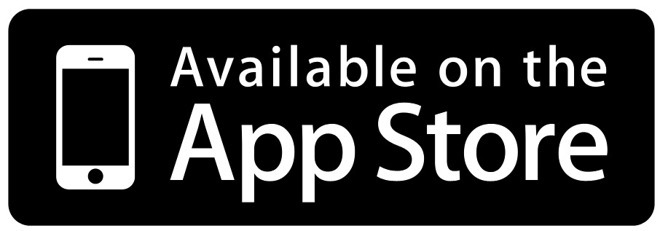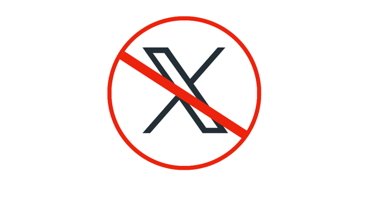US appeals court says public has right to sue Apple over App Store exclusivity
Last updated
A U.S. federal appeals court ruled on Thursday that people do indeed have the right to sue Apple over limiting iOS devices to apps from the App Store, potentially paving the way for an open app marketplace in the future.
In a previous decision, a lower court sided with Apple's claim that people do not have the standing to sue because they are technically buying apps from developers, not the company, Reuters reports. Today, however, Judge William A. Fletcher pointed out that people pay for iOS apps through Apple, which gives them grounds for action.
Apple has refused to comment and has not indicated whether it plans to challenge the ruling.
At the heart of the matter is a 2012 lawsuit by a group of iPhone owners who accused the company of being anti-competitive. The Fletcher ruling does not resolve that case, but simply opens the door for future actions that could see Apple once again land in court.
Traditionally, Apple has defended its restrictions by touting quality, convenience, and security. Apps sold outside the App Store could be more vulnerable to security and compatibility issues, as the company has no way of certifying content marketed on third-party storefronts.
Critics have suggested that prices may be artificially inflated as a result of this walled garden approach, and that Apple is more interested in retaining its 30 percent cut of App Store revenue — barring longterm subscriptions — than it is in protecting consumers. The company is also known to occasionally block apps or features that compete with its own, or include what it considers objectionable content, even though that material is readily available on other major platforms.
According to the law firm representing the original complainants, the "obvious solution is to compel Apple to let people shop for applications wherever they want, which would open the market and help lower prices." Alternatively, Apple could pay out damages for "higher than competitive prices" customers were required to pay becuase Apple utilized an alleged monopoly.
 Roger Fingas
Roger Fingas








 Amber Neely
Amber Neely
 Thomas Sibilly
Thomas Sibilly
 AppleInsider Staff
AppleInsider Staff
 William Gallagher
William Gallagher
 Malcolm Owen
Malcolm Owen
 Christine McKee
Christine McKee










71 Comments
If only people had a choice and could buy a smartphone from someone else? Since there isn't any other manufacturer, the lawsuits are important.
Seriously, will someone represent the many consumers that want a walled garden?
California should secede and rid the technology world from backward laws
You can sue all you want, will you win in the court? This ruling sounds like it encourages lawsuits instead of a free market, and Apple could lose. It's ridiculous.
Just because they are suing doesn't mean they will win against Apple.
1. Apple's walled garden is created by the security it builds into the iPhone.
2. Apple won't stop someone from jailbreaking the iPhone to install apps outside the App store. But Apple won't rewrite its system to accommodate it. Someone else has to do the work.
3. But Apple can also say doing so VOIDS the warranty on the iPhone. So you are on your own.
4. And breaking Apple's security means TouchID won't work - since it is part of Apple's security system in the iPhone.
Good luck in court. All this means is they have a right to sue, not that they'll be successful.
Considering how cheap Apps are I don't know how anyone will be able to convince the court they're paying too much. "Your honor, my client was harmed by having to pay $0.99 for this App. Clearly they were taken advantage of."